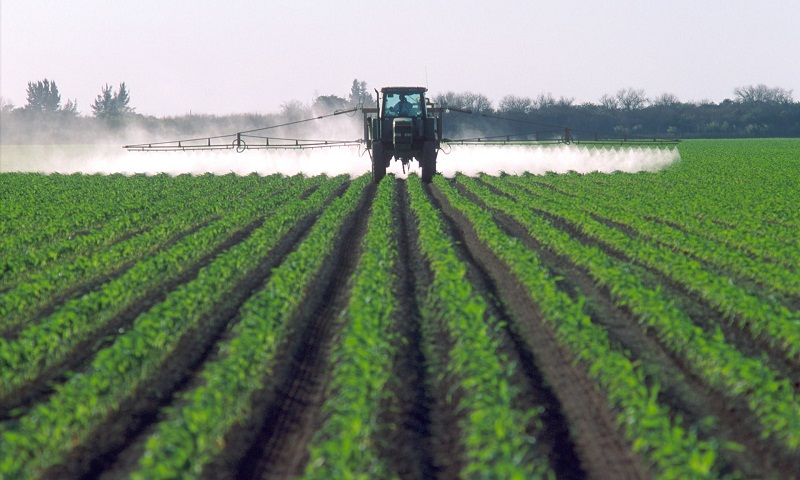Assumed safety of pesticide use is false, says top government scientist

Damning assessment by one of the UK’s chief scientific advisers says global regulations have ignored the impacts of ‘dosing whole landscapes’ and must change. The assumption by regulators around the world that it is safe to use pesticides at industrial scales across landscapes is false, according to a chief scientific adviser to the UK government. The lack of any limit on the total amount of pesticides used and the virtual absence of monitoring of their effects in the environment means it can take years for the impacts to become apparent, say Prof Ian Boyd and his colleague Alice Milner in a new article. The damning assessment of pesticide regulations that are meant to protect the global environment follows a growing number of highly critical reports including research showing farmers could slash their pesticide use without losses and a UN report that denounced the “myth” that pesticides are necessary to feed the world. “The current assumption underlying pesticide regulation – that chemicals that pass a battery of tests in the laboratory or in field trials are environmentally benign when they are used at industrial scales – is false,” state the scientists in their article published in the journal Science. Boyd is chief scientific adviser to the UK’s Department of Environment, Food and Rural Affairs, where Milner also works on secondment, but their criticism reflects their own views. “The effects of dosing whole landscapes with chemicals have been largely ignored by regulatory systems,” the scientists said. “This can and should be changed.” They contrast this situation with pharmaceuticals, for which there is a system of rigorous global monitoring after a drug is approved in case adverse effects emerge. “Vigilance on the scale that is required for medicines does not exist to assess the effects of pesticides in the environment,” they said. They cite the UK as an example of one of the most developed regulatory systems: “Yet it has no systematic monitoring of pesticide residues in the environment. There is no consideration of safe pesticide limits at landscape scales.” The scientists’ article also criticises the widespread use of pesticides as preventive treatments, rather than being used sparingly and only when needed. Milner told the Guardian: “We want to start a discussion about how we can introduce a global monitoring programme for pesticides, similar to pharmaceuticals. It can take years to fully understand the environmental impact.” “Any chemical you put into the environment has the potential to be widely distributed,” she said. “We’ve known this for decades, particularly through the early work in the 1960s – the Silent Spring, DDT and so on – and you can find chemicals in places that have not been treated because of the connectivity of ecosystems. There are often quite unexpected effects [and] you often don’t see them until the pesticide is used at more industrial scales.” Matt Shardlow of the conservation group Buglife said: “Pesticides have got big on society – the thin veil of science around the approvals process has been exposed and the marketing strategies are stronger than the products they tout.

